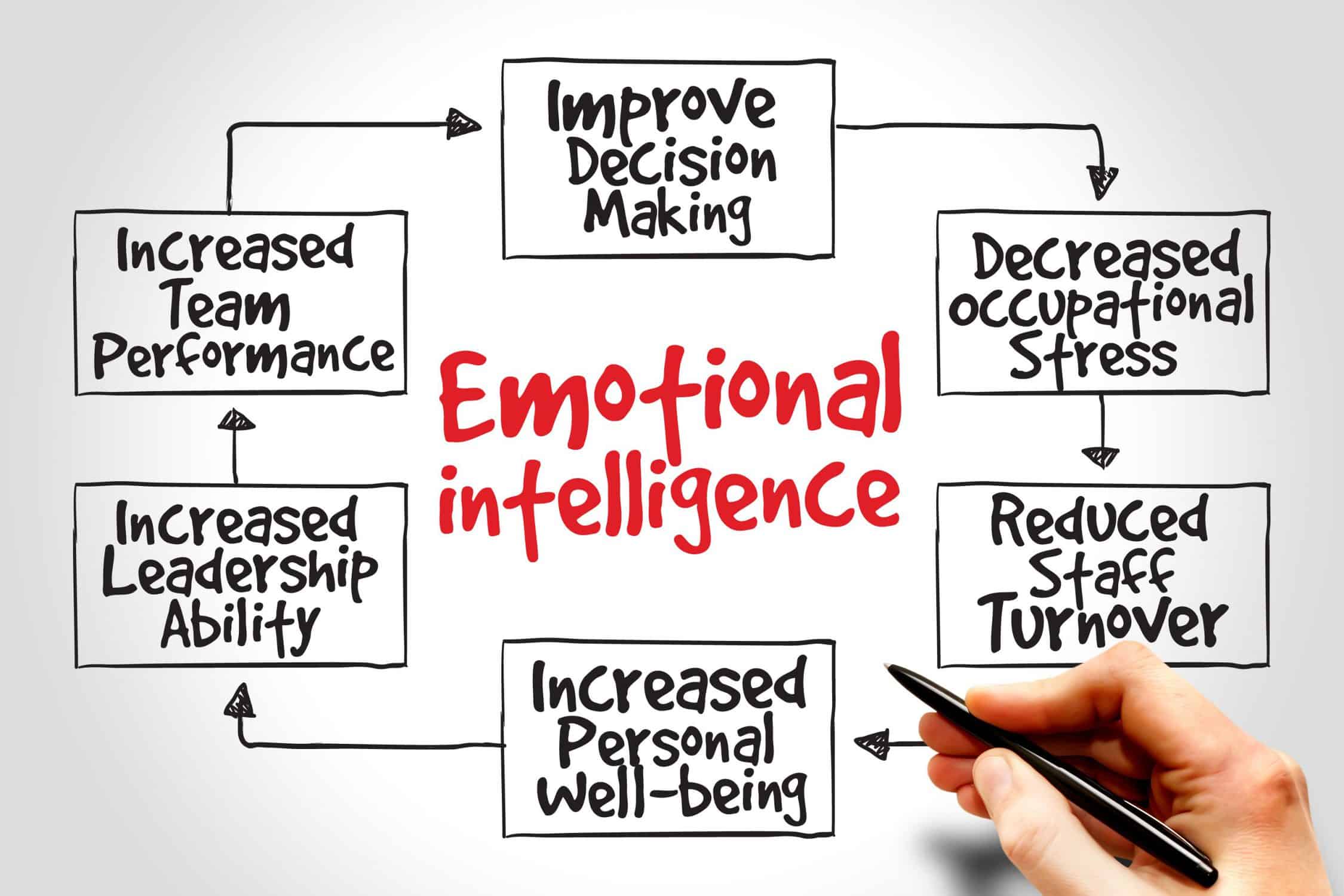The mindful movement is gaining momentum and businesses are becoming aware of its benefits and potential. The challenge lies in safely transferring mindfulness skills and practices to the workplace to achieve desired outcomes.
As a practitioner, I first ask clients about their expectations and commitment to a mindful programmes. This question leads to a reflection on the resources and time required to implement a sustainable workplace mindfulness programme. All too often, there is misguided thinking that one-hour workshops do the job and equip staff to practice mindfulness.
Limitation of once-off mindfulness training
Changed behaviours, attitudes and related benefits of mindfulness happen over time as a result of regular practice. Learning mindfulness is the beginning of the journey. If an organisation is serious about wanting change and cultivating positive attitudes through a sustainable workplace mindfulness programme, training needs to be part of the company’s long-term organisational development plan.
Training is just part of the process. Creating the context for learning, regular practice and a framework for incorporating mindfulness into a company’s daily activities is crucial to the success of a sustainable workplace mindfulness programme. Simple practices like pausing for one minute before the beginning of all meetings helps to anchor a mindful work culture. This practice allows everyone to come down from the head, to stand back and pause. It changes the pace, from a reactive rush mentality that tends to be the norm in daily life and enables people to connect with their body to allow for more intuitive responses. Mindful breathing for even one minute is particularly beneficial in a high workload environment where people have back to back meetings in tandem with meeting workload deadlines.
Sustainable Workplace Mindful Programmes
In an organisation committed to a sustainable workplace programme, mindfulness ultimately permeates everything.
A mindful environment fosters more self-reflection and less rumination, .and promotes personal responsibility for decision making and action. It encourages everyone in the organisation to check-in. “Am I Ok with this?” Are decisions being made for the greater good?
Mindfulness, once anchored has profound effects. A cultural shift takes place. Is your organisation ready for it?
Business Case
In addition to changing culture and attitudes, the business case for good mindfulness practices is clear.
Research by Goodman & Schorling, demonstrates a positive correlation between wellness and resilience. While statistics reflect increasing stress as a growing issue in the general population1, a positive environment which encourages good mental health is good for employees and businesses.
Holzal et al 2007 demonstrated that as little as ten minutes of daily mindful breathing practices enhance the functioning of the prefrontal cortex in the brain. The PFC also referred to as the conductor of the brain is responsible for decision making emotional regulation planning and organising. All skills as a business we encourage in our employees.
How to implement a sustainable mindfulness programme
MBI (Mindfulness-Based Interventions) programmes provide a framework and tools for successful cultural changes that enhance trust engagement and builds resilience. Equally important is designing a plan to incorporate mindfulness into daily business life for all. If a company is committed to embedding mindfulness leadership must embrace and lead by example.
However, implementing a sustainable workplace mindfulness programme requires time, commitment from participants to practice, and an environment that promotes mindful business practices.
Mindfulness is not the cure to all our woes, and sometimes, mindfulness is not an appropriate tool for some people to use. Implementing blanket mindfulness programmes, without pre-screening, can do more damage than good to some individuals.
Below is a checklist I developed to discuss and help your company self-audit and determine its commitment to implementing a successful mindfulness programme.
Checklist
- What is the motivation behind implementing a mindfulness-based intervention programme (MBI)?
- Who in the organisation is driving it? senior leadership? management? employees?
- How will managers be supported in promoting mindfulness into daily practices?
- What training will managers/supervisors require to promote and embed mindful processes?
- Is senior leadership embracing the MBI? Have executives committed to participating in and supporting the programme?
- Are employees consulted on the proposed initiative?
- Is the MBI targeted at all employees?
- How will you communicate your company’s MBI programme? Is it top-down, bottom-up, is mindfulness an agenda item on check-in/team meetings?
- What supports are in place to support employees who want to attend the MBI programme?
- What programme structure best suits the business’ needs?
- What business practices can the organisation put in place to support a mindfulness programme?
- How over the long-term will the company support mindfulness?
- What type of changes in behaviours and attitudes are the businesses expecting from implementing an MBI?
- What evaluation system will be put in place to track changes in behaviours, attitudes and engagement over time?
- Does the company have long-term plans for growing mindfulness in the organisation? Has the company considered the cultural impact of mindfulness?
- What processes are in place to manage challenges? What are the expected challenges?
- What screening system is in place for participants before the programme?
- What support structure is in place for employees who may encounter difficulties during the training?
- Does the company have an EAP service?
b. Can it provide access to an independent counselling service?
c. Are Mental Health First Aiders on-site?
This checklist provides an insight into the reasoning and resources required to implement a sustainable workplace mindfulness programme.
Conclusion
For companies who are interested in a mindful workplace, I recommend a reflection meeting to explore the benefits of workplace MBIs, its potential for your organisation, the how, and the commitment required to implement a sustainable MBI.
If interested in arranging a meeting with me to explore this checklist tool, please contact me info@feel.construction







